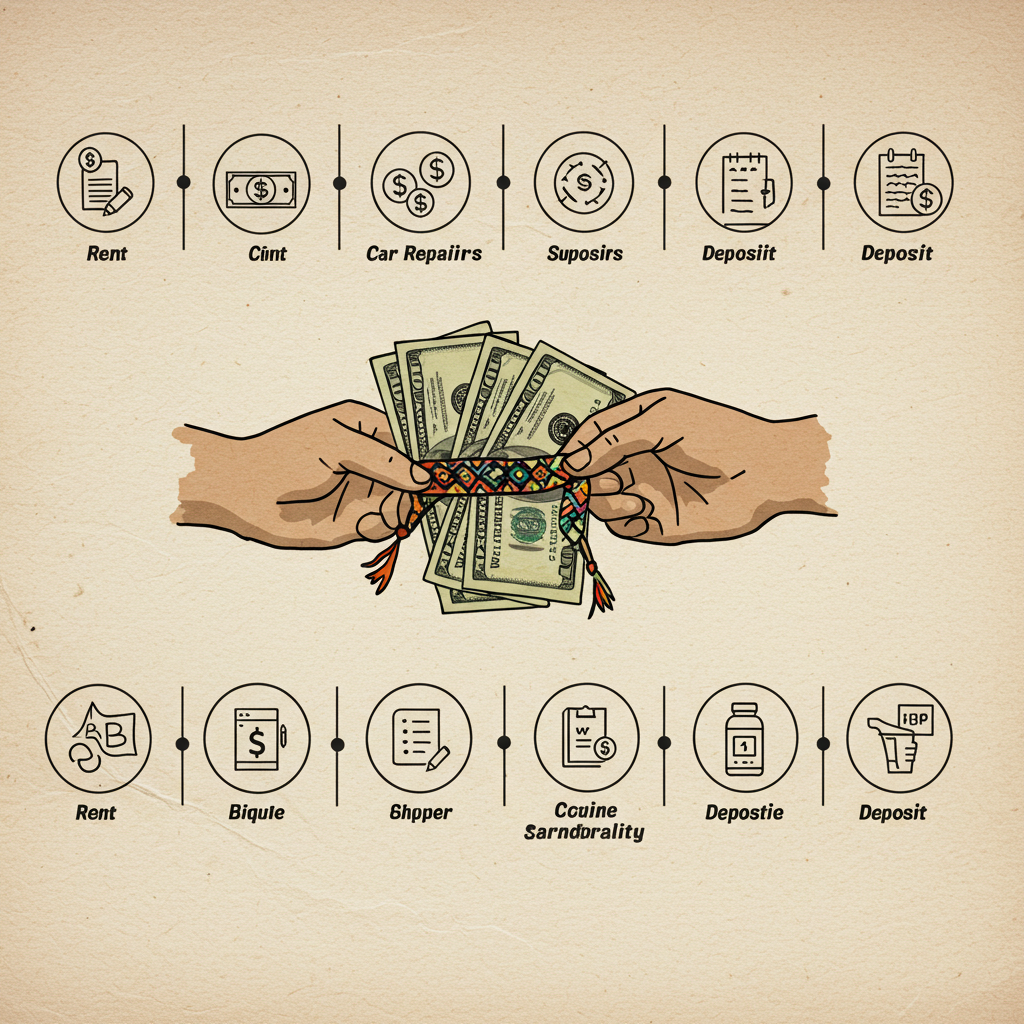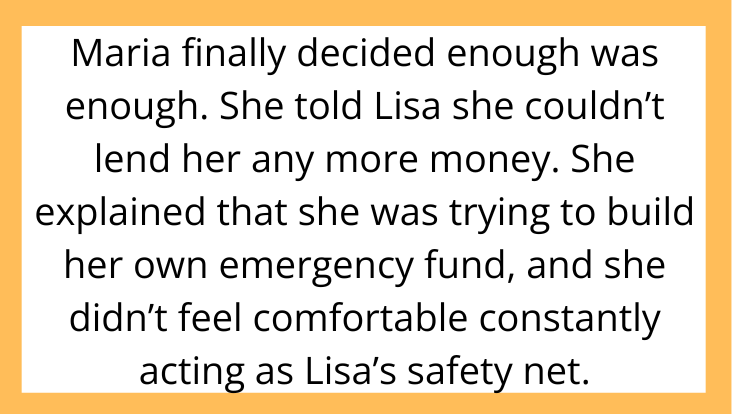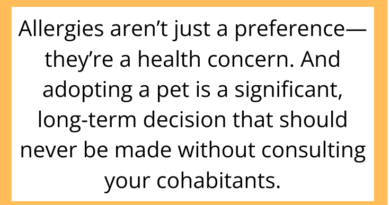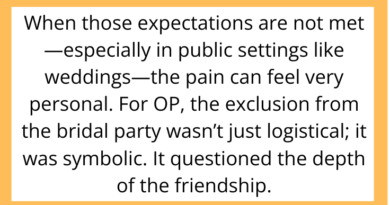AITAH for Refusing to Lend My Best Friend Money After Her Fifth Request?
Friendship can be one of the most rewarding relationships in our lives—but it can also be one of the most complicated. Especially when money gets involved. In this AITAH scenario, one woman is torn between supporting her lifelong best friend and protecting her own financial stability.
Is she heartless for saying no? Or simply setting healthy boundaries?
Let’s dive in.
The Background: A Long Friendship and a Long List of Loans

The original poster—let’s call her Maria—shared her story on r/AITAH. She’s 33 and has been best friends with Lisa since high school. Over the years, Maria has lent Lisa money on multiple occasions:
-
$500 to cover rent after a job loss
-
$200 for car repairs
-
$300 to pay off overdue bills
-
$400 for a deposit on a new apartment
Maria has never charged interest. In fact, she never even asked Lisa to pay it back quickly. She’s tried to be understanding, knowing Lisa has faced some hard times. Each time, Lisa eventually paid most of the money back—though it often took months or even a year.
But now, Lisa is asking again. This time, it’s $1,000 to cover credit card debt she says is “overwhelming.”
The Breaking Point: Maria Says No

Maria finally decided enough was enough. She told Lisa she couldn’t lend her any more money. She explained that she was trying to build her own emergency fund, and she didn’t feel comfortable constantly acting as Lisa’s safety net.
Lisa didn’t take it well.
“She called me selfish,” Maria wrote. “She said I was abandoning her when she needed me most.”
Lisa argued that true friends help each other no matter what. She reminded Maria of all the times she’d been supportive emotionally and said Maria was putting money over friendship.
Maria felt terrible—but also resentful. She turned to Reddit to ask: Am I the villain for refusing this time?
The Community’s Verdict: Not the Villain

Reddit’s AITAH community didn’t mince words. The majority agreed: Maria was well within her rights to say no.
“You’re not a bank,” one top comment read. “It’s okay to help someone out sometimes, but you’ve already done more than most people would.”
Other commenters pointed out that Lisa’s repeated financial emergencies suggested deeper issues—like poor money management or unwillingness to adjust her lifestyle. They argued that Maria was enabling Lisa rather than helping her grow.
One user summed it up simply: “You can be a supportive friend without being a permanent bailout plan.”
Understanding the Guilt: Why Saying No Feels So Hard

Emotional Debt vs. Financial Debt
Many of us are taught that friendship means being there “no matter what.” But that doesn’t mean we’re obligated to put ourselves in financial jeopardy. The guilt Maria feels isn’t unusual—especially when a friend frames refusal as betrayal.
The problem is that Lisa seems to view Maria’s support as an expectation, not a favor. Over time, Maria’s generosity blurred the lines between occasional help and ongoing obligation.
The Cost of Repeated Loans
Even when you love someone, lending money over and over can damage trust and create resentment. You may start to feel taken advantage of, or worry that the relationship is transactional.
It’s okay to recognize that the health of a friendship also depends on boundaries.
When to Say No: Setting Boundaries with Friends

If you find yourself in Maria’s shoes, here are some things to consider before you lend money—again:
-
Can you afford to lose the money? If the answer is no, you probably shouldn’t lend it.
-
Is this a pattern? Repeated loans may be a sign you’re enabling, not helping.
-
Is there a repayment plan? If the borrower never commits to clear terms, resentment is inevitable.
-
How will this impact your relationship? Be honest with yourself about whether you’ll feel frustrated if you’re not repaid.
Saying no doesn’t mean you don’t care. It means you care about both your friend and yourself enough to be honest.
Alternative Ways to Support Without Lending Money

Maria could consider offering other forms of help:
-
Budgeting assistance: Help Lisa figure out a plan to tackle her debts.
-
Research resources: Direct her to credit counseling or community support programs.
-
Emotional support: Be there to listen, even if you can’t contribute financially.
But ultimately, Lisa has to take responsibility for her own situation.
The Takeaway: Boundaries Are Not Betrayal

This AITAH scenario reminds us of something important: It’s not unkind to protect your own well-being. Maria’s choice to say no was reasonable and fair. She has already proven herself a loyal, generous friend many times over.
You’re not the villain for deciding your financial future matters, too.



